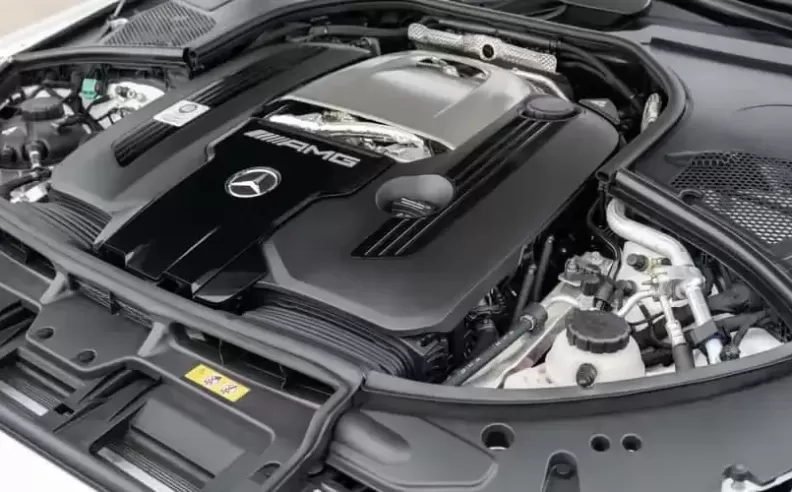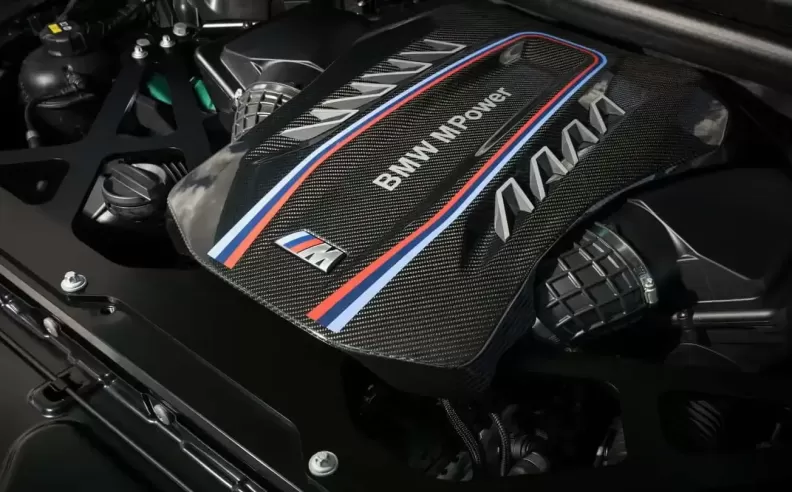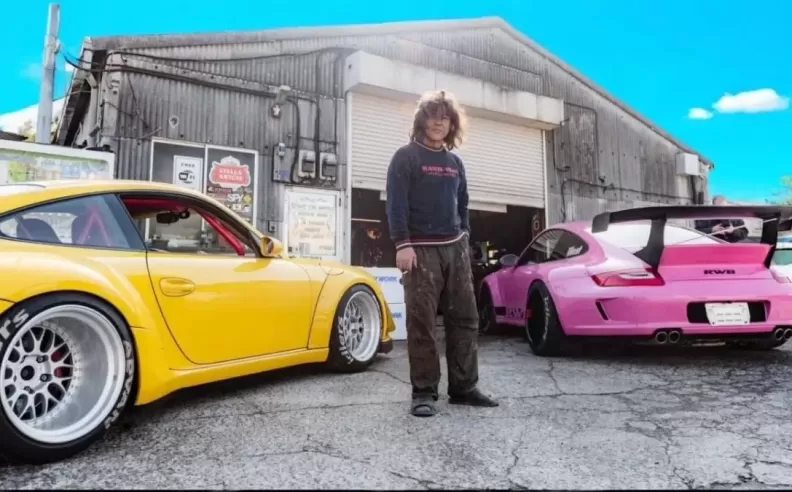
Italy's government is the latest to voice strong opposition to the European Union's plan to phase out new sales of combustion engine vehicles by 2035. While the EU insists that it’s not banning the combustion engine outright, but rather prohibiting vehicles that emit harmful emissions, Italy argues the policy is impractical. Critics believe that unless carbon-neutral synthetic fuels can scale up quickly, the plan will effectively act as a ban. With a tight timeline of just over a decade, many are questioning whether this ambitious goal is realistic.
Italy's Minister of the Environment and Energy Security, Gilberto Pichetto Fratin, has not minced words, calling the EU’s plan “absurd” and labeling it as an "ideological vision" that has already failed. Italy's right-wing government, led by Prime Minister Giorgia Meloni, argues that a more pragmatic approach is necessary. Rather than enforcing a strict, one-size-fits-all ban across the 27 EU member states, Italy proposes more flexibility for individual countries in achieving decarbonization targets. Minister Adolfo Urso, in charge of business and Made in Italy, is advocating for an earlier review of the 2035 ban, aiming for 2025 rather than the currently scheduled 2026.
According to Urso, the EU’s insistence on transitioning exclusively to electric vehicles (EVs) by 2035 could destabilize Europe’s car industry. He believes that a more gradual shift from internal combustion engine (ICE) vehicles to EVs would be a more achievable and less risky strategy.

Italy is far from the only voice raising concerns about the EU's policy. In recent months, several major automakers have adjusted their EV timelines. Volvo, once a champion of going all-electric by 2030, has expressed doubts about meeting that deadline. Other manufacturers like Mercedes, Porsche, Bentley, and Ford of Europe have similarly reconsidered their earlier commitments to phasing out combustion engines.
The slowdown in EV adoption is not just about technological and manufacturing challenges. Consumer demand for electric vehicles has also been cooling down. With many European countries reducing or even eliminating subsidies for EV purchases, sales have softened. The European Automobile Manufacturers' Association reported that fully electric vehicles accounted for only 12.5% of the market in the first half of 2024, down slightly from the same period in 2023.
Adding to the automakers’ woes is the growing competition from cheaper, Chinese-made electric vehicles. Although tariffs have slowed the influx of these vehicles into the European market, they remain a formidable threat to Europe’s established car brands.
What happens in Europe won't stay in Europe. Some of the world’s largest automakers, including Mercedes-Benz, Volkswagen, and Stellantis, are based in the EU, and the region has traditionally been a key player in the global automotive industry. If the EU sticks to its 2035 ICE ban, it could affect global markets as well. The production of new gas-powered cars in other regions could slow down or become more expensive as automakers lose the economies of scale they achieve by selling the same cars in multiple markets.
Without Europe, automakers would have to rethink how they design, develop, and produce vehicles, potentially increasing costs. The ripple effect could lead to fewer new gas-powered cars in markets like the U.S. and China, which might still rely on them beyond 2035.
The core issue Italy and other critics raise is whether the EU’s aggressive timeline for an EV transition is realistic or sustainable. While electric vehicles are seen as a key solution to reducing emissions, the speed at which Europe is trying to implement this shift has left many concerned about economic stability. Italy's argument for a gradual transition reflects broader industry concerns that a rushed approach could have unintended consequences, such as job losses, company bankruptcies, and a potential collapse of Europe’s once-thriving car manufacturing sector.
In the years leading up to the 2035 deadline, automakers face an increasingly complex landscape. They must balance the need to innovate with financial pressures, global competition, and fluctuating consumer demand. The transition from ICE to EV isn’t just a technological shift; it’s an economic, cultural, and industrial one that requires careful planning and flexibility.
As Italy pushes for an early review of the ban, the debate over the future of Europe’s car industry is heating up. The EU must weigh the environmental benefits of a swift transition to electric vehicles against the potential economic fallout. There’s no denying that decarbonization is essential, but how to achieve it remains the critical question.
For Italy and other EU member states, the focus is now on ensuring that the transition to a greener future is done without sacrificing jobs, economic stability, and the global competitiveness of Europe’s automotive sector. Whether or not the EU will revise its 2035 deadline remains to be seen, but it’s clear that this is an issue that will continue to spark debate and shape the future of the global automotive industry.

Wael is an automotive content writer specializes in creating written content for Motor 283. Producing a wide range of content, including blog posts, articles, product descriptions, reviews, and technical guides related to cars, trucks, motorcycles, and other vehicles, with an unprecedented passion for cars, and motorcycles.
